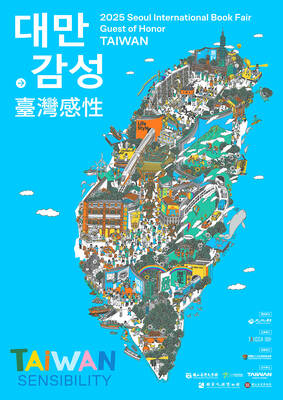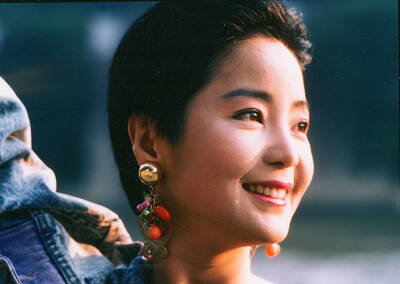Do you think one way in your head, but act differently?
Many people do this, because it helps them get along with other people. But when a person stops doing this, and acts in a way that shows his or her true personality, you can say that person is “showing his or her true colors.”
This might seem like a strange thing to say, since people can't change what color they are, but the saying comes from ships on the ocean.
A long time ago, the word “colors” could also mean “flag.” A ship's “colors” showed what country it was from. That way, when ships met each other on the ocean, they could tell from far away if the other ship was a friend or an enemy.
Sometimes ships wanted to pretend to be from another country to hide from another ship, or to trick a ship into getting too close. But the rules of fighting said that before you could fight anyone, you had to show the flag of the country you were really from. Since “colors” means flag, this was called “showing your true colors.”
(Kayleen Hartman, Staff Writer)
你認為自己的行為與腦袋裡想的不一致嗎?
很多人都是這樣,因為這樣有助於讓自己與他人和諧相處。不過,當你不再這樣做,而是顯現自己真實的個性,你就可以說那個人是「展現自我真實本色」。
由於人類不能改變膚色,這樣說似乎很奇怪,不過這種說法來自於海上的船隻。很久以前,「color」這個字也意指「旗幟」。一艘船的旗幟顯現它是來自哪個國家。如此一來,當船隻在海上相會時,從遠處就可以分辨來者是朋友還是敵人。
有時候船隻也會假裝來自他國,藉此避開其他船隻,或者欺騙船隻來靠近。不過,作戰的規則是,在你與他人作戰之前,必須先展示你實際上是來自哪個國家的旗幟。由於「colors」就是旗幟的意思,因此就有了「showing your ture colors」的說法。(翻譯:賴美君)

The 2025 Seoul International Book Fair was held from June 18 to 22 at the COEX Convention & Exhibition Center in Seoul, South Korea. This year, participants from 17 countries attended, with over 530 publishing houses and related organizations taking part. For the first time, Taiwan participated in the book fair as the Guest of Honor, bringing together more than 85 publishers and presenting a curated selection of 550 titles. A delegation of 23 Taiwanese creatives traveled to Seoul to attend the event, including 13 literary authors, six illustrators, and four comic book artists, among which were a film director, an

In late 2024, the suicide of acclaimed Taiwanese author Chiung Yao at 86 sparked a societal debate. She expressed her desire to avoid the difficult aging process and sought to govern her own death rather than leave it to fate. Her statements propelled the issue of “euthanasia” back into the public arena, posing the question of whether Taiwan should legalize euthanasia to grant patients and the elderly the right to die with dignity. Euthanasia, the intentional ending of a life to relieve suffering, is legal for humans in countries like the Netherlands and Belgium but remains prohibited in Taiwan.

A: Wow, the 36th Golden Melody Awards ceremony is set for this weekend. B: I like all the nominees for Best Mandarin Album: Incomplete Rescue Manual by various artists, Outcomes by J.Sheon, Invisible Color by Terence Lam, The Dreamer by Khalil Fong, Haosheng Haochi by Trout Fresh and Ordeal by Pearls by Waa Wei. A: Despite struggling with serious illness, Fong managed to finish his last album before he died. B: With his hit Twenty Three, he is also nominated for Best Song, Lyricist and Composer, and will receive a Special Jury Award for his album. A: And

A: The Golden Melody Awards’ Lifetime Achievement Award will go to both musician Bruce Wong and late singer Jeff Ma. B: Some superstars also won this honor in the past, such as late singer Teresa Teng. A: Speaking of Teresa, have you heard that an unreleased Japanese song of hers was found recently? B: Really? Will the song be released? A: Yes, her track Love Song in the Night Fog is set to be released this month, marking the 30th anniversary of the legendary singer’s death. A: 本屆金曲獎特別貢獻獎頒給樂手翁孝良、已故歌手馬兆駿。 B: 以往有不少超級巨星,像是已故歌后鄧麗君也曾獲此殊榮唷。 A: 說到鄧麗君,你有聽說她生前未發布的日文歌曲被發現了嗎? B: 真的嗎?新歌會公開嗎? A: 這首歌《情歌最愛夜霧時》預計本月發布,正好紀念傳奇歌后去世30週年! (By Eddy